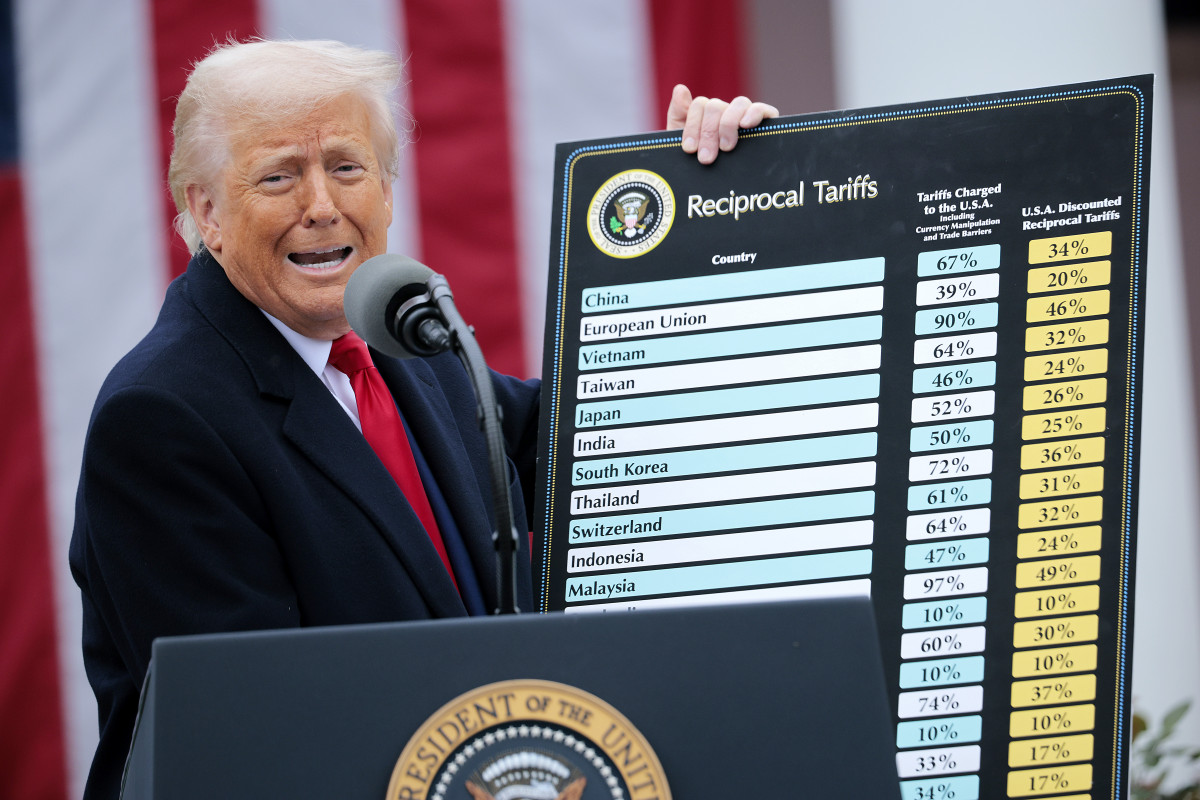United States President Donald Trump has dramatically escalated his global trade war.
On Tuesday, July 8, 2025, he announced a 50% tariff on imported copper, while warning of even steeper tariffs on foreign drugs potentially as high as 200%.
The move sent shockwaves through financial markets. Copper futures soared more than 10%.
Drug company shares plunged on fears of rising import costs.
Speaking at a televised cabinet meeting, Trump said, “It’s time we collect money from countries ripping us off.”
He revealed plans for seven more tariff notices targeting dozens of nations. Meanwhile, 10% blanket tariffs on all BRICS imports including from Brazil and India remain on the table.
Trump threatened the European Union with new tariffs “within days,” despite ongoing talks. Still, he claimed negotiations with China and EU leaders were going “well.”
“They were laughing at us. Not anymore,” Trump said. “Now we’re collecting.”
So far, only two new trade deals have been finalized with the UK and Vietnam. Talks with India are reportedly close.
In April, Trump promised “90 trade deals in 90 days.” But progress has stalled.
The new copper tariff strikes a key global supply chain. Copper powers electric vehicles, military tech, and critical infrastructure.
Trump gave no specific date for the copper or drug tariffs to begin.
Treasury Secretary Scott Bessent said the U.S. has already collected $100 billion in tariff revenue this year.
He projected $300 billion by December if current plans proceed.
“The big money starts rolling in August 1,” Trump added.
That’s when his 10% universal tariffs take effect, along with country-specific surcharges.
Targeted Tariffs Include:
- 25%: Tunisia, Malaysia, Kazakhstan
- 30%: South Africa, Bosnia
- 32%: Indonesia
- 35%: Serbia, Bangladesh
- 36%: Cambodia, Thailand
- 40%: Laos, Myanmar
The EU is scrambling to avoid penalties. Officials offered trade concessions on aircraft, medical devices, and alcohol, but demand protections for EU carmakers in the U.S.
Germany’s Finance Minister Lars Klingbeil warned of retaliation:
“If no fair deal is reached, the EU will strike back.”
Meanwhile, Japan and South Korea, both facing 25% duties, are rushing to negotiate relief for their car sectors.
Trump said recent talks with China’s Xi Jinping were positive and described China’s response as “fair.”
Still, uncertainty remains. An August 12 deadline looms for China to finalize a new deal or face another wave of tariffs.
Analysts warn that Trump’s unpredictable strategy is fueling global market volatility and damaging international relations.
“The economic risks are rising fast,” one analyst said. “And the world’s trading system is on edge.”







